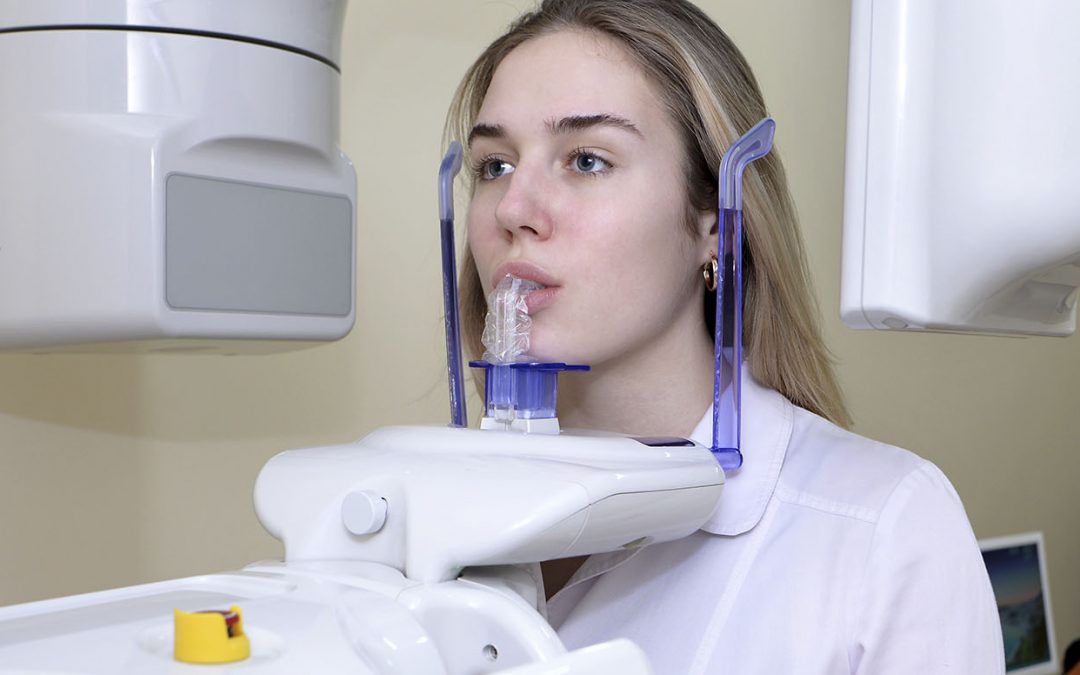ISO 9693 Metal-Ceramic Thermal Cycling Resistance Testing
The ISO 9693 standard is a crucial benchmark for evaluating the resistance of metal-ceramic dental devices to thermal cycling stress. This method ensures that dental restorations, crowns, and other similar medical devices can withstand the rigors of clinical use without compromising on quality or performance. The testing process simulates the real-world conditions faced by such devices during their service life, ensuring reliability and durability.
Thermal cycling is a critical aspect of this ISO standard, as it exposes dental devices to rapid temperature changes that mimic the natural environment in which they will be used. This includes exposure to hot and cold temperatures encountered during patient care and environmental fluctuations. The testing procedure involves subjecting specimens to a series of controlled heating and cooling cycles within a specified range.
During this process, the integrity of the metal-ceramic bond is critically assessed. Any defects or weaknesses in the bonding interface can lead to compromised performance and potential failure under clinical use. This form of testing helps manufacturers identify and rectify issues early in the development stage, ensuring that only robust and reliable devices reach the market.
The ISO 9693 standard specifies detailed parameters for the thermal cycling procedure, including temperature ranges, cycle duration, and number of cycles required to simulate a typical service life. Compliance with these standards is essential for obtaining regulatory approvals and ensuring product quality in accordance with international best practices.
At Eurolab, we provide comprehensive ISO 9693 Metal-Ceramic Thermal Cycling Resistance Testing services that adhere strictly to the latest standard updates. Our highly skilled technicians perform meticulous specimen preparation, calibrate test equipment rigorously, and execute testing protocols precisely as per the ISO guidelines. This ensures consistent and accurate results.
Our state-of-the-art facilities are equipped with advanced thermal cycling machines capable of replicating real-world conditions accurately. These machines can simulate a wide range of temperature changes, allowing us to thoroughly evaluate the performance of metal-ceramic dental devices under various stress conditions. Our experienced team ensures that all tests are conducted in compliance with ISO 9693 standards.
By leveraging our expertise and cutting-edge technology, we offer reliable and robust testing services that help ensure product quality and meet regulatory requirements. Our commitment to excellence and precision guarantees that only the highest-quality dental devices pass through our rigorous testing process.
| Dental Device | Temperature Range (°C) | Cycle Duration (minutes) | Number of Cycles |
|---|---|---|---|
| Crowns and Bridges | -40 to 120 | 5 minutes | 1,000 cycles |
| Inlays and Onlays | -30 to 90 | 6 minutes | 800 cycles |
| Veneers | -25 to 110 | 4 minutes | 700 cycles |
The above table provides a general overview of the test parameters for different types of dental devices. These values are specified in accordance with ISO 9693 and may vary based on specific device requirements.
Industry Applications
- Crowns and bridges fabricated from metal-ceramic materials
- Inlays and onlays requiring thermal cycling resistance assessment
- Veneers intended for use in dental restorations
- Dental implants with metal-ceramic components undergoing performance evaluation
The ISO 9693 standard is widely used across the medical device industry, particularly within the dental sector. This standard ensures that all metal-ceramic devices meet stringent quality and safety criteria before they are approved for use in clinical settings.
By adhering to these standards during product development, manufacturers can demonstrate compliance with regulatory requirements, enhance their reputation in the market, and build trust among patients and healthcare providers. The results of our ISO 9693 Metal-Ceramic Thermal Cycling Resistance Testing provide valuable insights into the performance characteristics of dental devices under simulated environmental conditions.
Eurolab Advantages
At Eurolab, we pride ourselves on offering unparalleled ISO 9693 Metal-Ceramic Thermal Cycling Resistance Testing services that are second to none. Our comprehensive testing capabilities, coupled with our deep industry knowledge and experience, ensure that every test conducted is accurate, reliable, and meets the highest standards.
Our highly skilled team of experts ensures that each specimen undergoes thorough preparation before undergoing thermal cycling tests. This meticulous approach guarantees consistent results across all samples tested. Our state-of-the-art facilities are equipped with advanced equipment capable of replicating real-world conditions accurately, providing a realistic simulation of the environment in which dental devices will be used.
We understand the importance of timely delivery and strive to meet our clients' deadlines without compromising on quality. By leveraging our extensive experience and cutting-edge technology, we can provide quick turnaround times while maintaining precision and accuracy throughout the testing process.
Our commitment to excellence extends beyond just meeting regulatory requirements; it also encompasses exceeding expectations by offering customized solutions tailored specifically to individual client needs. Whether you require basic compliance testing or more in-depth analysis, Eurolab is here to meet your unique requirements.
Competitive Advantage and Market Impact
Compliance with ISO 9693 standards not only ensures product quality but also provides a significant competitive advantage in the medical device market. By demonstrating adherence to these international standards, manufacturers can enhance their reputation among consumers, healthcare providers, and regulatory bodies.
The results of our ISO 9693 Metal-Ceramic Thermal Cycling Resistance Testing serve as compelling evidence that your dental devices meet or exceed industry benchmarks for reliability and durability. This information is invaluable when seeking to differentiate yourself from competitors in a crowded marketplace.
In addition to enhancing brand reputation, successful completion of these tests opens doors to new markets and opportunities for growth. It allows companies to expand their product offerings into regions where strict regulatory compliance is required, thereby increasing market penetration and sales potential.





